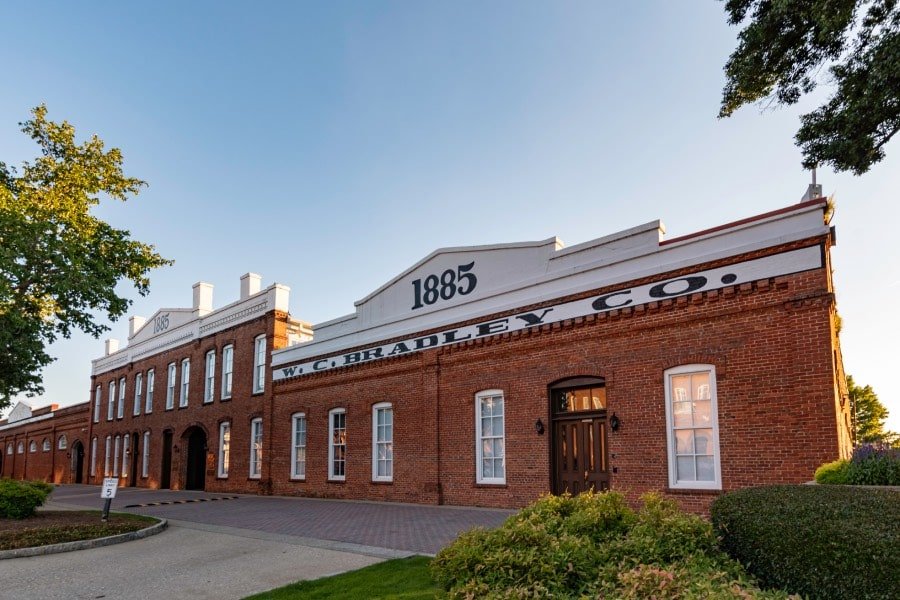The History of Columbus Georgia
It’s not often that a city is planned in advance of its founding, unless you’re Columbus, Georgia of course!
The town was founded in 1828 by an act of the Georgia Legislature, and served as a trading post to promote commerce within the area. Situated at the start of Chattahoochee River’s navigable portion and on the final stretch of Federal Road, before entering Alabama, provided Columbus with an ideal location.
Named after Christopher Columbus, the city profited from its location on the river as it acted as a connection to the rest of the world. Often, ships with cotton crops would make their way to the international markets in New Orleans and eventually to Liverpool, England.
When the railroad was introduced to the area, business started to boom. Columbus’ commercial importance grew dramatically, with textile mills popping up along the river, helping to diversify the economy. An area once reliant on agriculture, it now benefited from a new industry. In fact, by 1860 Columbus had earned a reputation as one of the more important industrial centers of the South.
The Civil War
In 1861, when the Civil War broke out, Columbus’ industries expanded their production significantly, awarding them the title of one of the most important centers manufacturing supplies for the Confederate army. The city was producing textiles, ironworks, a sword factory and even had a shipyard for the Confederate Navy.
In 1865, the Battle of Columbus destroyed many of the industrial buildings in the area. But, it didn’t take long for reconstruction to begin, with prosperity following shortly thereafter. As the town began to industrialize, it experienced rapid growth! So much so, that by the time the Spanish-American war arrived, Columbus had experienced significant modernization. Trolleys to outlying neighborhoods were introduced as were new water works and Camp Bennings became a new training camp for soldiers (now known as Fort Benning).
Confederate Memorial Day
The Ladies Memorial Association of Columbus gathered in the spring of 1866 and determined there should be one day every year to memorialize the Confederate dead. The date for the holiday was selected, April 26, which marked the end of the Civil War for many in the South.
Another big event for this year was the invention of Coca Cola! Pharmacist Dr. John S. Pemberton invented the iconic beverage not long after, on May 8 to be exact.
20th Century
As the city continued to expand, Columbus College was founded, later becoming Columbus State University. Columbus also saw the introduction of a government, which was consolidated for the city in 1971, becoming the first of its kind in Georgia.
The city also put forth a significant effort to halt the deterioration of its downtown core, which began in 1965 with the restoration of the Singer Opera House. In the 1960s and 1970s, multiple residential neighborhoods popped up to accommodate soldiers returning from the Vietnam War. This was followed by more urban renewal and revitalization in the 1990s, with expansion and historic preservation prioritized during the 2000s.
Today, the city of Columbus boasts a diversified economy, just like years past. The continued efforts for improvement has led to a consistent flurry of commercial activity and expansion. It’s no wonder that many residents are happy to call Columbus home!
For more information on searching for your perfect home here in Columbus, GA, talk to one of our expert agents today!
Posted by Reynolds Bickerstaff on

Leave A Comment